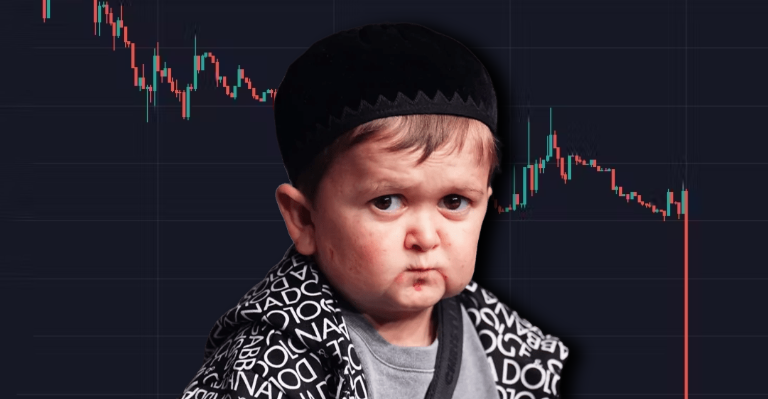TL;DR
- The new BULLA token, promoted by influencer Hasbulla, raised over $20 million in just 24 hours but is already facing serious accusations of fraud and manipulation.
- The community recalls the failed BARSIK token, which vanished after collecting funds.
- Analysts are warning about suspicious transactions and censorship in the project’s official channels, increasing doubts about its legitimacy.
Hasbulla Magomedov, a viral internet sensation, has once again shaken up the crypto space with the launch of the BULLA token. The impact was immediate: millions of dollars raised within a single day, fueled by his online fame and the speculative nature of memecoins. However, the red flags began surfacing almost immediately after the initial wave of excitement. Investigators like ZachXBT and independent analysts pointed to patterns that resembled Hasbulla’s previous token, BARSIK, which vanished without explanation, taking investor funds with it.
The community still remembers how over 60% of BARSIK’s funds ended up in insider wallets. In BULLA’s case, similar behavior has emerged: newly created wallets injected large amounts during the presale, creating an illusion of demand to drive the price upward. This tactic, commonly seen in pump-and-dump schemes, raises serious doubts about the token’s authenticity. Moreover, the absence of a smart contract audit adds yet another layer of risk for investors entering the project blindly.
Censorship and Suspicious Activity Around BULLA
One of the most alarming signs has been the BULLA team’s reaction to criticism. Users report that critical messages were deleted, researchers like ZachXBT were banned from group chats, and there’s a total lack of roadmap or third-party audits. Meanwhile, Hasbulla has remained silent, allowing his image to serve as a promotional shield.
The situation has sparked criticism toward platforms like Binance for allowing visibility to tokens without verifying their structural soundness or credibility. Analysts like Wise Advice argue that the crypto world cannot keep rewarding fame over transparency. They also question Binance’s responsibility in offering exposure to a figure with a track record of project failures.

Broken Trust, Rising Risk
While the token’s multi-million-dollar presale might seem like a success on the surface, many experts warn that it doesn’t represent genuine investor confidence but rather speculative hype driven by social media buzz. Hasbulla has previously failed with NFTs and other token ventures, and so far has shown no signs of long-term commitment to any Web3 initiative.
In a market already filled with scams and flash-in-the-pan projects, it’s essential that investors prioritize substance over celebrity. Decentralization should not be a shield for repeating harmful patterns without accountability.

